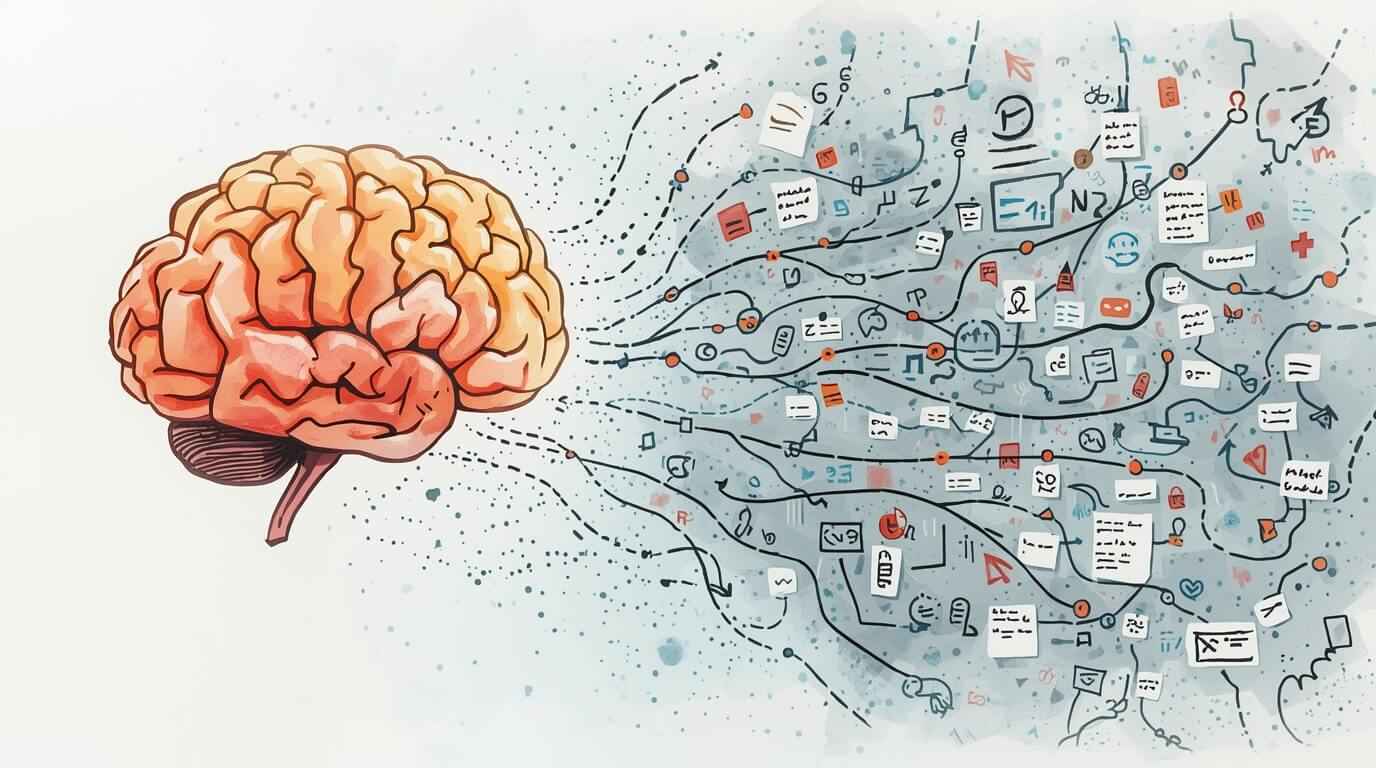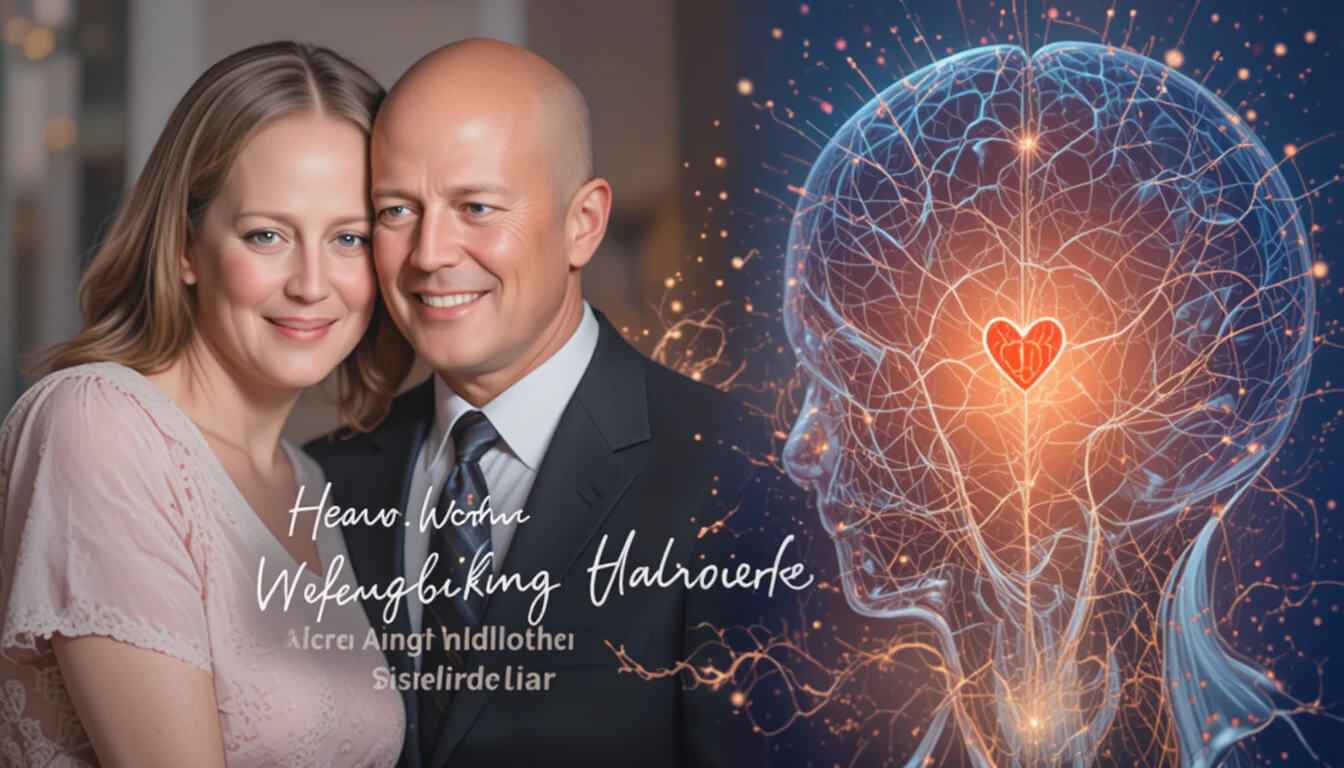Go beyond the headlines to understand the raw, emotional toll of FTD on a family and the incredible love story powering them through an impossible journey.
In a world saturated with carefully curated celebrity lifestyles, a moment of profound, unfiltered honesty can stop us in our tracks. That's exactly what happened when Emma Heming Willis, wife of beloved actor Bruce Willis, shared a vulnerable and heartbreaking update on her own well-being. With two words—"brain is failing"—she peeled back the curtain on the unseen, exhausting reality of being a full-time caregiver.
This isn't just another celebrity health story. It's a deeply human account of love, sacrifice, and the immense pressure faced by millions who care for loved ones with devastating neurological conditions like Frontotemporal Dementia (FTD). Since the diagnosis of Bruce Willis was made public, his family has become a beacon of strength and advocacy, and Emma's latest confession adds a critical new layer to the conversation.
In this article, we will dive deep into Emma Heming Willis' emotional update, explore the complex realities of FTD, and uncover the powerful message of resilience and vulnerability she is sharing with the world.
1. Emma Heming’s Candid Revelation: More Than Just a Soundbite
It was a statement that resonated deeply with caregivers everywhere. In a candid moment, Emma Heming Willis admitted to feeling that her own brain is "failing." This wasn't a medical diagnosis, but rather a powerful, emotional expression of the cognitive and mental overload that comes with her role.
She described being so wrapped up in the care of her husband, the legendary Bruce Willis, that her own needs, and even her own cognitive sharpness, feel secondary and depleted. This "brain fog" or mental exhaustion is a common but rarely discussed symptom of caregiver burnout. Her willingness to share this vulnerability opens up a crucial dialogue, moving beyond the public focus on the patient to shine a light on the immense, often invisible, struggles of the caregiver.

2. Understanding FTD: The Disease Affecting Bruce Willis
To truly grasp the weight of Emma's words, one must understand the condition Bruce Willis is battling: Frontotemporal Dementia (FTD).
Unlike Alzheimer's, which is primarily known for memory loss, FTD is a group of brain disorders caused by the degeneration of the frontal and/or temporal lobes of the brain. This affects:
-
Behavior and Personality: Patients may exhibit apathy, a lack of judgment, inappropriate social behavior, or compulsive actions.
-
Language and Communication: Difficulty speaking, understanding language, or finding the right words is common (a condition known as aphasia, which was Bruce Willis's initial diagnosis).
-
Motor Skills: In some cases, movement can be affected, leading to tremors, stiffness, or poor coordination.
FTD is a progressive and unforgiving disease that fundamentally changes a person, placing an extraordinary emotional and physical burden on their family. There is currently no cure, making palliative care and quality of life the central focus.
For credible information, see the resources provided by The Association for Frontotemporal Degeneration (AFTD).3. “My Brain is Failing”: A Look Inside Caregiver Burnout
Emma's confession is a textbook example of caregiver burnout. This condition is more than just feeling tired; it's a state of physical, emotional, and mental exhaustion. Caregivers often experience:
-
Cognitive Overload: Juggling medications, appointments, legal paperwork, and daily needs is a full-time job.
-
Emotional Strain: Watching a loved one decline is emotionally devastating, leading to grief, anxiety, and depression.
-
Social Isolation: The demands of caregiving can leave little time for friends, hobbies, or self-care, leading to intense loneliness.
-
Physical Depletion: Stress and lack of sleep can lead to a host of physical health problems.
When Emma says her brain is "failing," she is giving a voice to the millions who feel they are losing a piece of themselves while trying to hold their loved one together. It's a cry for recognition and a reminder that caregivers need care, too.
For more on update covid Trump, RFK Jr., and the War on the COVID Vaccine: What’s the Endgame?4. The Power of a Unified Family: How the Willis-Moore Clan Rallies
One of the most inspiring aspects of the Bruce Willis story is the unwavering support of his blended family. His ex-wife, Demi Moore, and their three adult daughters (Rumer, Scout, and Tallulah) have formed a united front with Emma and her two young daughters (Mabel and Evelyn).
This powerful support system demonstrates a modern, loving approach to family dynamics. They share the caregiving load, celebrate moments of joy, and collectively advocate for FTD awareness. This shared responsibility is not only crucial for the well-being of Bruce Willis but also provides vital emotional support for Emma, ensuring she doesn't have to carry the burden alone. Their unity is a testament to the fact that in the face of tragedy, love and collaboration can create incredible strength.
5. Resources and Hope for FTD Caregivers
If you or someone you know is a caregiver for a person with FTD or another form of dementia, please know you are not alone. Emma Heming Willis is using her platform to encourage others to seek help. Here are some places to start:
-
The Association for Frontotemporal Degeneration (AFTD): Offers support groups, a helpline, and educational resources.
-
The Alzheimer's Association: Provides a 24/7 helpline and local chapters with caregiver support.
-
Local Community and Health Services: Many areas have dedicated caregiver support programs.
Seeking help is a sign of strength, not weakness. Building a support network is essential for both the caregiver and the patient.
2. What did Emma Heming Willis say about her own health?
Emma Heming Willis candidly shared that the overwhelming responsibility of being a full-time caregiver for her husband has left her feeling mentally exhausted to the point where she feels her own brain is "failing." This highlights the significant issue of caregiver burnout.
3. What is Frontotemporal Dementia (FTD)?
Frontotemporal Dementia (FTD) is a rare form of dementia that affects the frontal and temporal lobes of the brain. It primarily impacts personality, behavior, and language, differing from the memory loss typically associated with Alzheimer's disease.
4. How is Bruce Willis’s family supporting him?
The Bruce Willis family, including his wife Emma, ex-wife Demi Moore, and all of his children, have formed a tight, unified support system. They collaborate on his care, spend quality time together, and use their collective platform to raise awareness for FTD.
5. Where can caregivers find support for FTD?
Authoritative organizations like The AFTD (The Association for Frontotemporal Degeneration) and the Alzheimer's Association offer excellent resources, including helplines, support groups, and educational materials for families and caregivers navigating an FTD diagnosis.
Emma Heming Willis' raw honesty offers the world more than just an update on Bruce Willis; it provides a profound lesson in empathy. Her confession that her "brain is failing" is a courageous act of vulnerability that validates the silent struggles of millions of caregivers. It reminds us that behind every person battling a devastating illness is a network of loved ones fighting their own exhausting battles.
The Willis family's journey, marked by both deep sadness and incredible love, serves as a powerful example of strength in unity. As they navigate this path, they are not only caring for a husband and father but also educating and inspiring a global community.
What are your thoughts on Emma's brave admission? Share your support for the Willis family and all caregivers in the comments below.
The Care and Prayer team is dedicated to bringing you timely, empathetic, and deeply researched stories from around the globe. We focus on the human element behind the headlines, providing context and insight you can trust.
